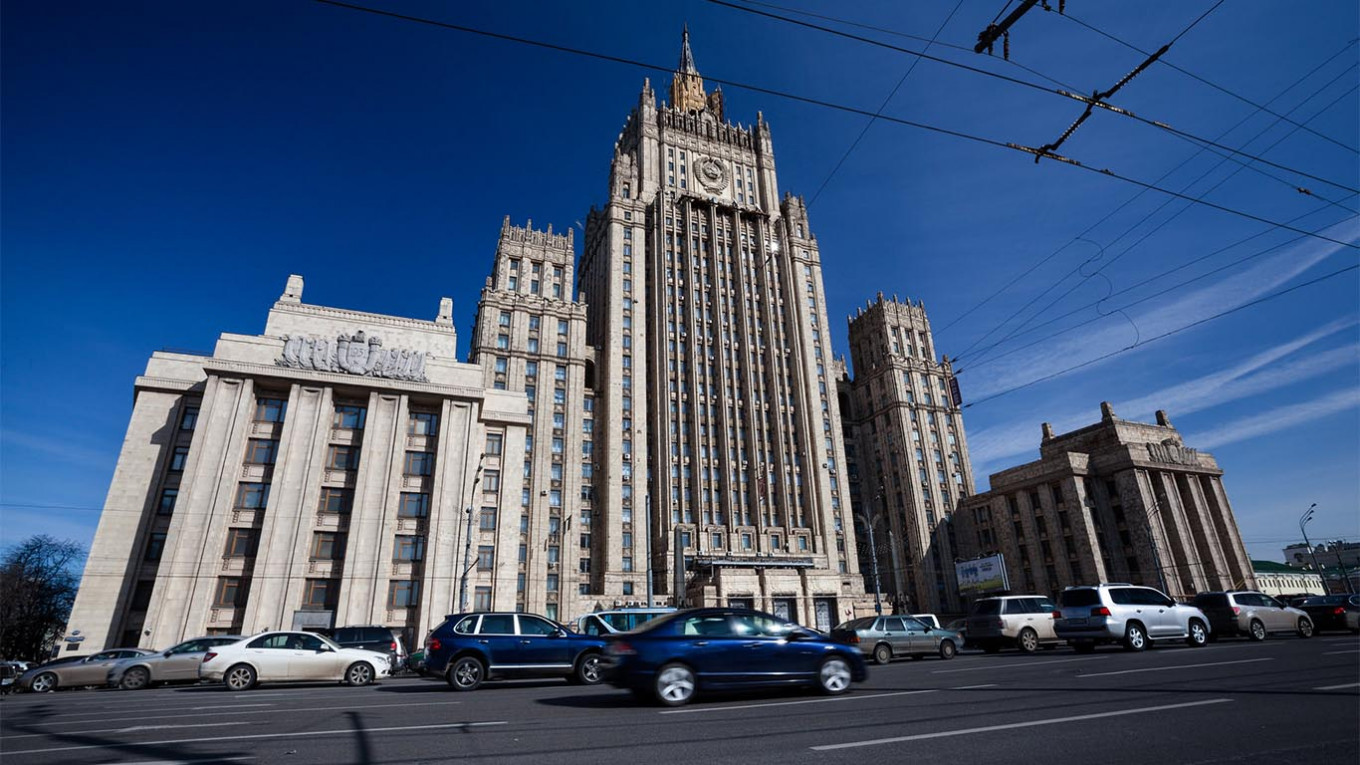RA’s Daily Russia News Blast – August 25, 2020

Today in Russia: German doctors says Navalny likely poisoned, contradicting Omsk doctors; Germany calls for investigation and defends security for Navalny; “[N]ot the President’s prerogative” to discuss Navalny treatment abroad?; Russia expels Austrian diplomat in retaliation; Germany hails progress on Ukraine talks; Sanctioned Rotenbergs named richest in Russia; Space agency gets big funding cut; Russia ready to work with China’s Huawei on 5G; Fewer rubles in Eurasian Union cross-border transactions; Russian banks run out of foreign exchange
German doctors have concluded that incapacitated opposition leader Alexei Navalny was likely poisoned. A statement issued by Charité hospital in Berlin where Navalny is being treated read,
Following his admission, Mr. Navalny underwent extensive examination by a team of Charité physicians. Clinical findings indicate poisoning with a substance from the group of cholinesterase inhibitors. The specific substance involved remains unknown, and a further series of comprehensive testing has been initiated. The effect of the poison – namely, the inhibition of cholinesterase in the body – was confirmed by multiple tests in independent laboratories.
The German government has also made the same conclusion publicly, with Steffen Seibert, Chancellor Angela Merkel’s spokesman explaining that because Navalny is believed to have been poisoned deliberately, heightened security measures were necessary for the opposition leader while receiving treatment in Germany. A joint statement from Chancellor Merkel and Foreign Minister Heiko Maas called for a thorough investigation into the poisoning, writing “Taking into account Mr. Navalny’s prominent role in the political opposition in Russia, the authorities must investigate this crime to the last detail — and with full transparency. Those responsible need to be identified and punished.”
The Kremlin stated that President Vladimir Putin was not involved in talks regarding Navalny’s international evacuation. Kremlin Spokesman Dmitry Peskov said that such discussions “absolutely not the president’s prerogative,” but Meduza pointed out that on August 21, Putin discussed the issue of Navalny getting treatment abroad with his Finnish counterpart, according to the latter’s readout of the call.
Russia expelled an Austrian diplomat in retaliation for Austria’s move the day before. Austria accused the diplomat it expelled of engaging in industrial espionage, but Russia vowed to retaliate. “Guided by the principle of reciprocity, the diplomat of the Embassy of the Republic of Austria in Russia was declared ‘persona non grata,’” the Russian Foreign Ministry said in a statement.
Forbes Russia published their list of the wealthiest ‘family clans’ in Russia. This year the Rotenbergs took first place, despite Arkady and Boris Rotenberg being sanctioned by the United States. Forbes Russia wrote [in Russian],
The Rotenbergs won the first place in the list this year – their fortune increased by $ 270 million in a year, to $ 5.45 billion. The result is $ 100 million less than in 2014, when the family topped the ranking for the first and only time. The Rotenbergs’ fortune grew mainly due to one major deal – the sale of Stroygazmontazh to the state-owned Gazprom for 75 billion rubles.
The Rotenbergs have reportedly dodged sanctions by using “multi-million dollar art deals” to move money out of the US. The brothers are very close to President Vladimir Putin, and were dubbed by Vedomosti as the “kings of the state contracts,” having been hired to built mega projects such as the bridge linking Crimea with Russia after its unrecognized annexation.
Roscosmos got a haircut [in Russian], and its bombastic head Dmitry Rogozin is not happy about it. Funding for the space agency’s Federal Space Program (FKP in Russian) was cut by 150 billion rubles, according to the Roscosmos director, and current levels are not sufficient to maintain the industry’s edge, and called on the Ministry of Finance to provide what was “promised.”
Russia says its ready to work with China’s Huawei on 5G, according to Foreign Minister Sergei Lavrov. On August 12, War on the Rocks did a deep-dive on Russia-China technology cooperation, writing “As Washington reorients its strategy and posture for great-power competition, the high-tech partnership between Moscow and Beijing could be a force multiplier for both countries, if these efforts deliver on their promises,” while also noting tension beneath the surface, such as the recent arrest of a Russian Arctic Academy researcher accused of spying for China.
RBC wrote [in Russian] that cross-border trade in the Eurasian Economic Union (EEU) has moved away from using rubles. The share of the ruble in trade settlements in the Eurasian Union decreased both in Russian exports – from 73.6% in 2018 to 72.9% in 2019, and in imports – from 83.9 to 81%.
The share of the dollar slightly decreased in Russia’s exports to the EAEU – from 17.4 to 17.2%, but increased in imports – from 13.1 to 15.1%. In trade of energy and other commodities, the dollar is king. And outside of EEA trade, the dollar dominates Russian foreign trade.
In July, Russian banks lost their entire available reserve of foreign exchange liquidity. As of August 1, the indicator became negative, according to a review by Raiffeisenbank. A similar phenomena took place in 2018, but RBC notes that the difference between 2018 and this time is in the latter case, depositors pulled foreign exchange assets out, whereas this year banks have been parting with foreign currency liquidity themselves, selling dollar assets while also increasing lending in foreign currency while customers have deposited only modest amounts of foreign currency this year.
PHOTO: The Russian Foreign Ministry building. In a tit-for-tat, Russia expelled an Austrian diplomat in response to Austria’s expulsion of a Russian diplomat it accused of industrial espionage (Patrick Lauke / Flickr (CC BY-NC-ND 2.0).











